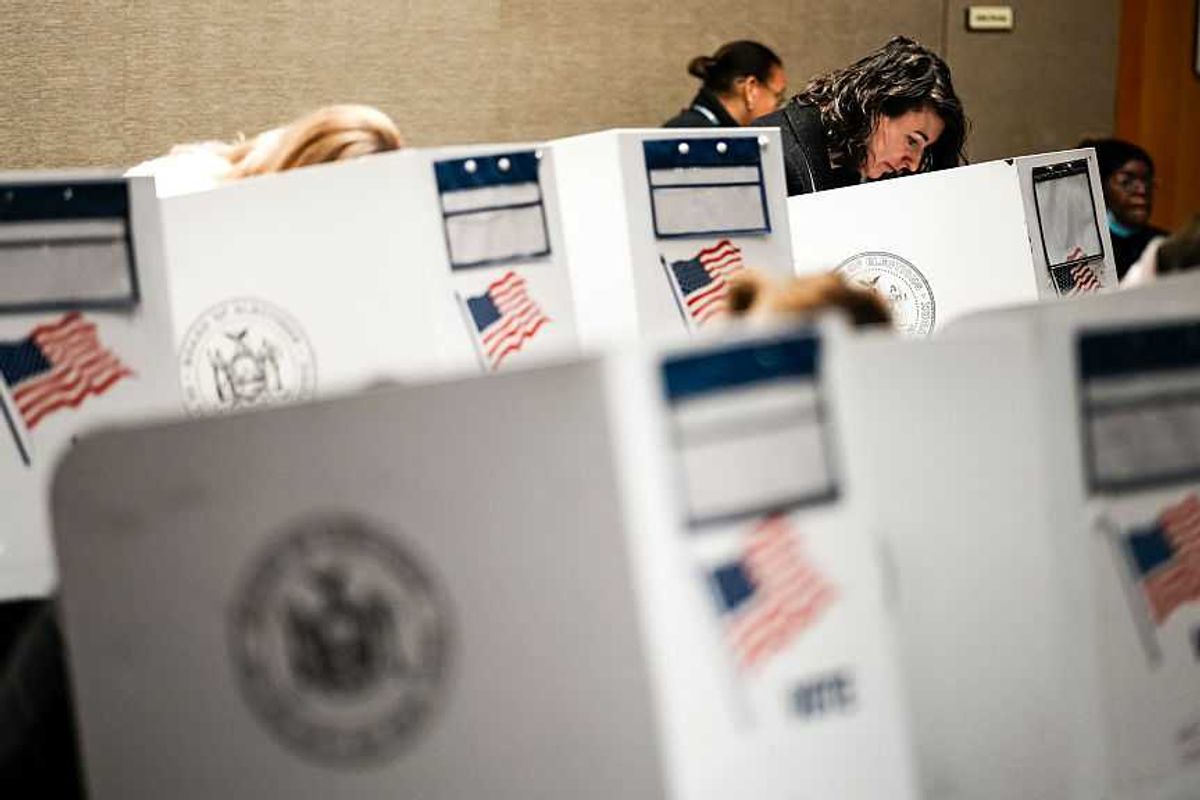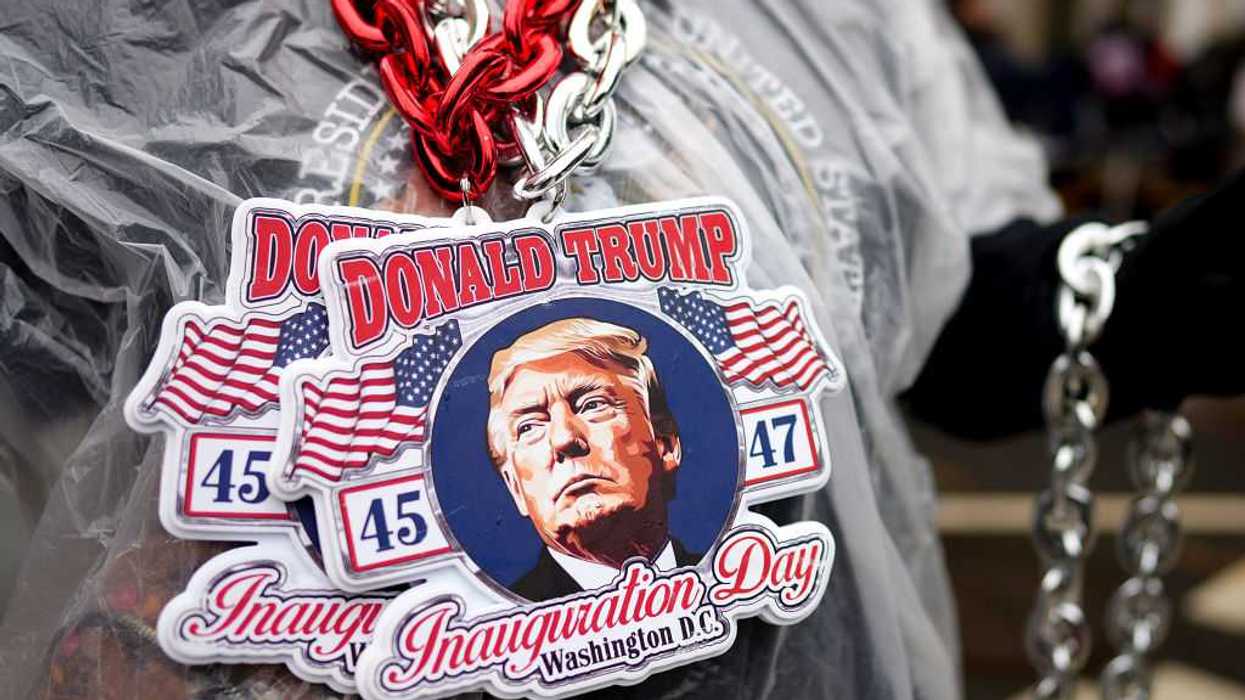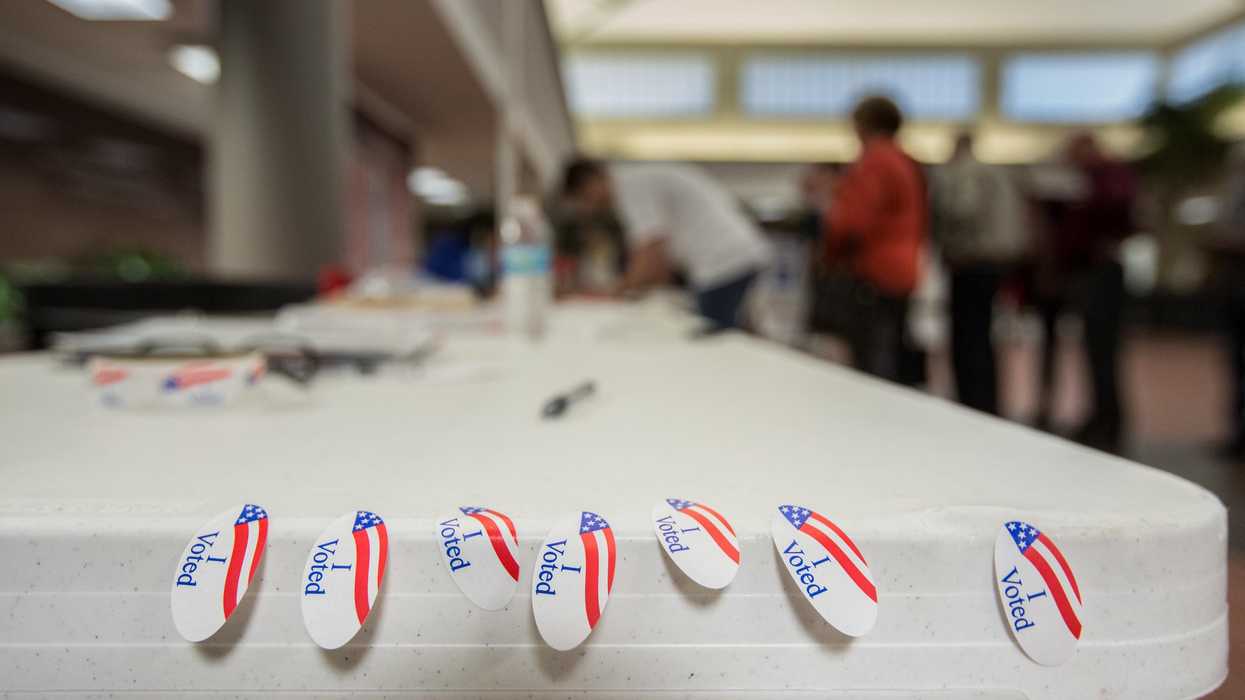Anderson edited "Leveraging: A Political, Economic and Societal Framework" (Springer, 2014), has taught at five universities and ran for the Democratic nomination for a Maryland congressional seat in 2016.
The internet and social media have provided organizations and people with a great many windows on the world compared to the three major television stations of the 1950s.
There have been positive and negative implications of this information technology development. On the positive side, everyone is a publisher and an advocate. You do not have to be NBC to reach 3 million or even 30 million people with a story. You might be a celebrity or an environmental advocate who reaches 50 million or even 500 million people with a tweet. Citizens have more power as a result of having a laptop or smartphone at their fingertips.
Moreover, everyone can access news, stories and blogs that are of interest to them. The information technology smorgasbord, like humility according (to T.S. Eliot), is endless. Information technology has also led to the development of countless new forms of medical technology, defense technology and consumer goods.
On the negative side, the internet and social media frequently spread lies and false statements. They enable authors to fabricate claims and stories with digital tricks. Hacking and other forms of cybercrime are everywhere. Moreover, experts have observed that citizens can easily channel information that only represents one point of view. This leads to political polarization and can foment prejudice and hostility along racial, gender, sexual identity and religious lines.
The internet and social media have been blamed for helping to create a red coat/blue coat war in which there are very few centrists in our government. And while there are more centrists amongst citizens themselves, they lack representation in Washington.
We continue to live with this chaos – boundless freedom, endless capacity to learn, clear tendencies for rigidity, intolerance, polarization and even violence.
Is there a way out? No, there is no way out.
Information technology, like industrialization, is at once a blessing and a curse. The industrial revolution changed the world. It accelerated the development of capitalism and gave birth to new forms of transportation, communication, food production, medicine and consumer goods. It also led to poverty, exploitation, alienation, pollution and class war.
We have not resolved the inherent tension within 19th century industrialization, and thus we should not expect to resolve the inherent tension within late 20th century information technology either.
But what can we do?
Perhaps the main thing we can do is recognize that information technology, like industrial technology, is inherently conflicted. Indeed, there have been two IT revolutions, not one: first industrial and then information technology. Nuclear technology has the same tension. IT1 and IT2 are neither inherently good nor inherently harmful.
This recognition must be made more explicit in our politics. We need a Congress and a president, and state governments, that accept the tension and work weekly to balance it, recognizing that it is impossible to overcome it. Several things that could be done include: establish a congressional oversight committee and a presidential commission to devise metrics to measure and track the two IT tensions. The media can also create scorecards.
Various newspapers and media oversight websites have "fact check" services. There could be a monthly scorecard on the "technology balancing acts." What is to be avoided at all costs is dismissing or oversimplifying the two IT tensions.
Wisdom involves accepting the tension but working constantly to balance the values of efficiency, economic growth, freedom, equality, safety and stability that are at stake in our country and civilization itself.




















